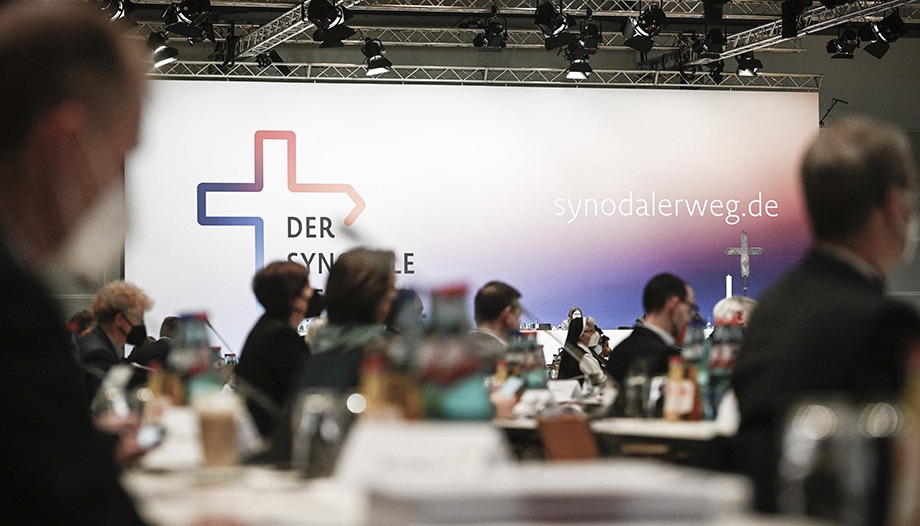In an open letter published in the newspaper Die Welt, Katharina Westerhorstmann, Professor of Theology, Hanna-Barbara Gerl-Falkovitz and Marianne Schlosser, as well as the journalist Dorothea Schmidt - who had already been particularly critical of the drift of the Synodal Way during the previous assemblies - explain the reasons for their resignation as delegates appointed by the German Bishops' Conference to the Synodal WayThe objective of the Synodal Way was to address the sexual abuse. However, in the course of the work of this process, central Catholic teachings and convictions have been called into question. We do not see ourselves in a position to continue along this path which, in our opinion, is leading to the Church in Germany to distance itself more and more from the universal Church".
For this reason, they have decided not to participate in the fifth and last Assembly, to be held from March 9 to 11. To participate in a process "in which repeated interventions and clarifications on the part of the Vatican authorities and the Pope himself have been thrown on deaf ears" would be for them to assume responsibility for the isolation of the Church in Germany in relation to the universal Church.
The signatories allude to "decisions of the last three years that have not only questioned essential foundations of Catholic theology, anthropology and ecclesiastical practice, but have reformulated and, in some cases, completely redefined them."
They also complain that in the meetings of the Synodal Way "serious objections in favor of the ecclesiastical doctrine currently in force have not been taken into account". They are especially puzzled by "the way in which the request for a secret ballot was rejected during the last synodal assembly and the results of the roll call vote were published on the internet."
As the last reason for this decision, they cite "the fact that the last letter from Romedated January 16, 2023, signed by Cardinal Secretary of State Pietro Parolin and Cardinals Luis Ladaria and Marc Ouellet, has not yet been sent to the members of the Synodal Assembly or brought directly to their attention".
It is a letter "expressly approved by the Pope himself and, therefore, legally binding", which refers to a central objective of the Synodal Path, the creation of the so-called Synod Council. Despite the fact that the Vatican's letter expressly stated that the Synodal Way does not have the competence to create a Synodal Council, the agenda of the Fifth Assembly retained the institution of a Synodal Commission, "whose declared objective is none other than the constitution of the Synodal Council".
The open letter from the four delegates goes on to state that this is not an isolated case, but that other cases have also been ignored. interventions in Rome, which they list in their brief. Therefore they show their doubts in relation to the affirmations that the decisions of the Synodal Way "will remain within the order of the universal Catholic Church and will respect Canon Law".
The letter of the four women concludes by affirming "the need for a profound renewal of the Church, which also has structural relevance"; but such renewal is only possible "by remaining in the ecclesial community through space and time, and not in a rupture with it".








